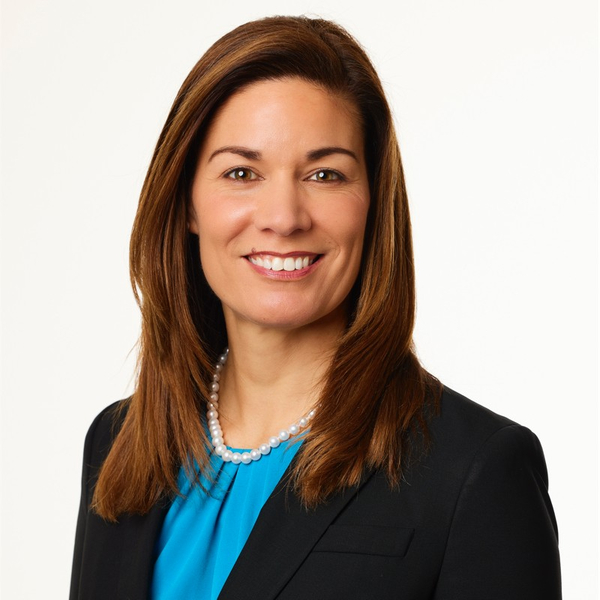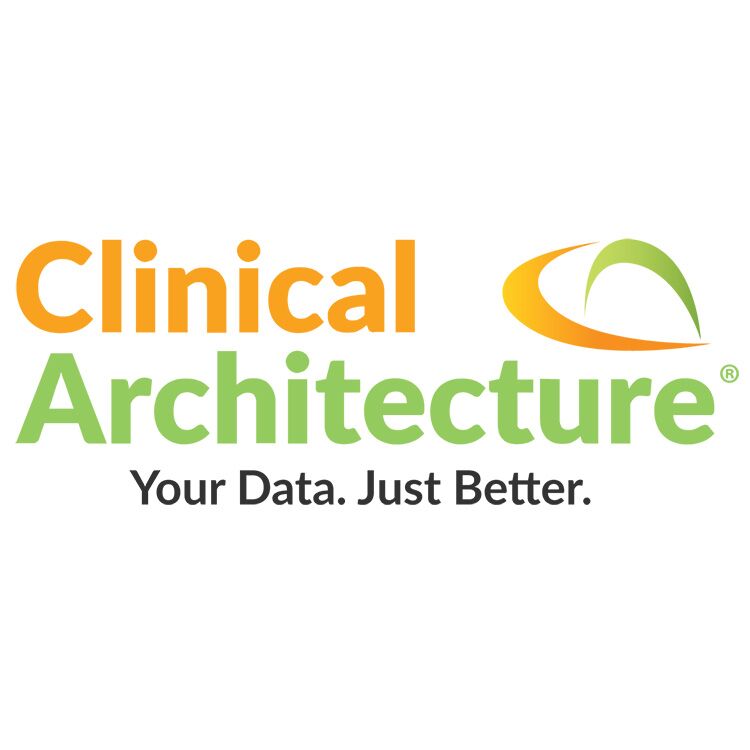Presenter Charlie Harp reviews the results of Clinical Architecture’s second annual Data Quality Survey. He discusses the newest information on how the quality of healthcare data affects patient outcomes and organizational initiatives. He also introduced the Patient Information Quality Improvement (PIQI) framework, a tool that can assess the quality of clinical data and identify patterns where the data is lagging in quality.
Watch the Recording
Learning Objectives
Discover how the sentiment around healthcare data quality has changed over the past year and the main areas of concern from each segment of the healthcare industry.
Learn how the PIQI framework can be used to grade the level of quality of clinical data.
Learn the next steps an organization can take to improve the quality of clinical data.
Speaker
Charlie Harp is founder and CEO of Clinical Architecture, an industry-leading healthcare data quality solutions provider. Prior to founding Clinical Architecture, Charlie spent over 20 years as a healthcare software engineer and systems architect focused on creating tools to better utilize and understand data. Through this experience he saw a need within the healthcare industry for reliable, accurate and interoperable patient data to support clinical decision making, research and operational initiatives. Charlie led his team at Clinical Architecture to design and develop the first deterministic, configurable, and algorithm-based engine for automating semantic interoperability to answer this need.
Charlie frequently presents on healthcare data quality topics. He was a featured speaker at the HIMSS24 Interoperability Showcase Spotlight Theater. Charlie also serves as host for the Informonster podcast which provides insight and expertise on a variety of data quality topics and news.


